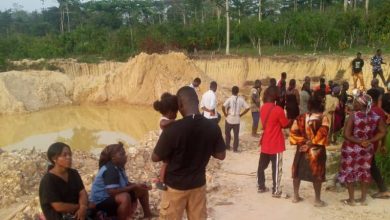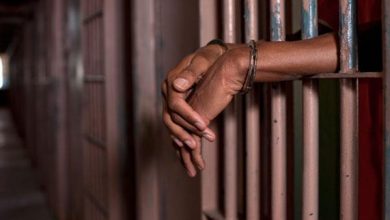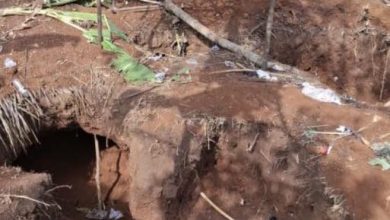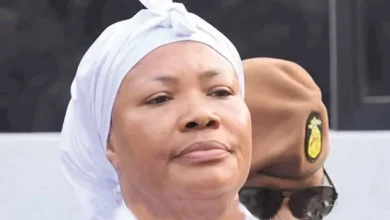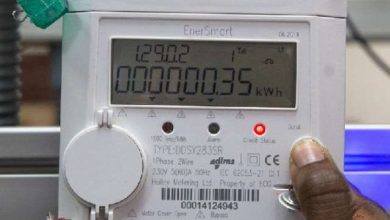Bawku conflict: 27 Pregnant women die over inability to access hospital
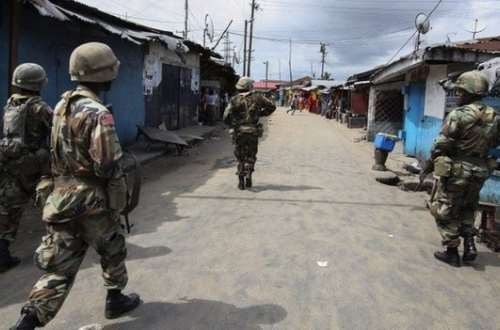
Between 2021 and last year, 27 pregnant women in need of critical medical attention died in the Bawku municipality, a senior health officer at the Upper East Regional Directorate of the Ghana Health Service (GHS), Majeed Sulemana, has disclosed.
Whereas 20 of the pregnant women died in 2021, seven had died by the end of December last year.
“This is as a result of the inability of the pregnant women to visit and receive medical care at the Bawku Presbyterian Hospital, the only major referral health facility in the heart of the municipality,” he said.
Interview
In an interview with the Daily Graphic last Friday, Mr Sulemana said the 27 maternal deaths recorded in the Bawku municipality accounted for 39 per cent of the 70 maternal deaths recorded in the region for the two years.
He explained that the Bawku Hospital served patients from the municipality and others from the Pusiga, Garu, Tempane and Binduri districts due to the absence of district hospitals in those districts areas.
He explained that some of the pregnant women died due to their inability to get to hospital, while others managed to get to the hospital but still passed on because of the limited number of staff, which resulted in delays in administering the required medical care.
He noted that the security situation in the Bawku municipality was very disturbing and an impediment to the delivery of quality health care to patients, especially pregnant women, children and the aged.
Health staff movement
The senior health officer expressed worry over the fact that the staff of the hospital lived among Mamprusis and Kusasis in their communities, which put the lives of the health workers at risk, stressing that “some of the health staff are seen to be sympathisers of the feuding parties, since they stay with them”.
“This has made it very difficult for such staff to come out of their homes to work, since they fear for their lives, a development which continues to have a negative toll on the operations of the hospital,” Mr Sulemana lamented.
He added that due to the increased insecurity in the municipality, there was high demand for transfer among staff to leave the municipality to work in health facilities in other districts.
“Definitely, there is high demand for transfer among staff, but if you want to grant everyone, there will not be any staff to work in the hospital,” he pointed out.
Hospital’s operation
Mr Sulemana said the Bawku Presbyterian Hospital was currently not operating at optimum level, since residents were not patronising the facility.
“For instance, the clinic for HIV patients has been temporarily closed down, since the staff are indigenes who live among the feuding parties and are unable to come to work,” he explained.
In the interim, he said, the management of the hospital was relying on some adjunct staff to render services to HIV patients who really needed comprehensive medical care.
He appealed for calm in the area to enable health staff to provide the needed health care they are trained to provide, noting that “if the staff are unable to practise due to the conflict, it will have a negative impact on their skills and knowledge”.
“Our prayer is that calm should return to the municipality, so that the staff can provide their professional services for patients,” he averred.
REGSEC visit
Last Monday, the Upper East Regional Minister, Stephen Yakubu, led members of the Regional Security Council (REGSEC) to interact with the feuding parties, with the aim of restoring peace to the area.
The meeting was against the backdrop of the recent killing of some 10 residents, allegedly by the military.
Since the REGSEC’s visit, a number of people have been killed, including one Fatau Nambe, a national security operative.
Source: Graphic Online



